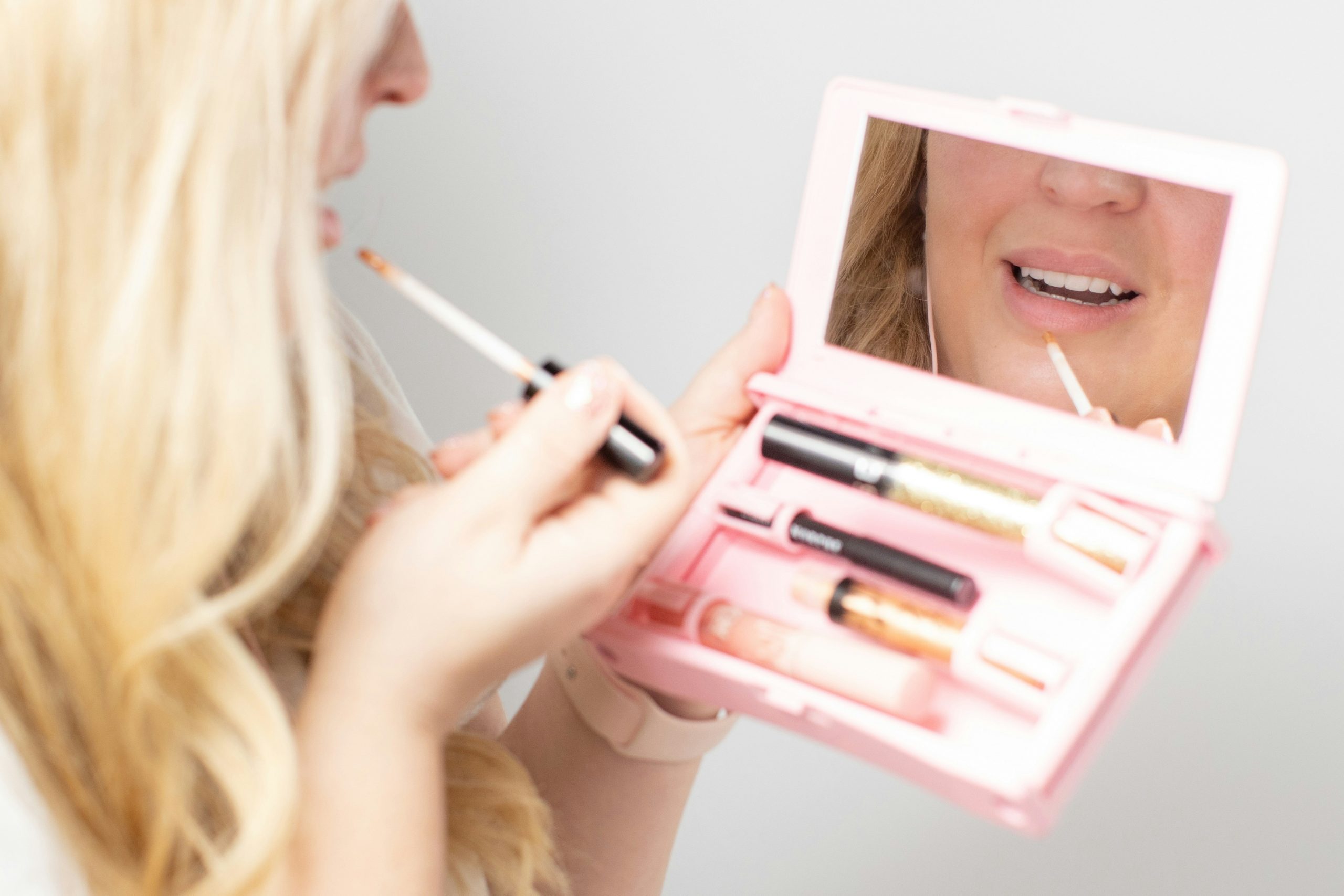
Life&Style’s Jaya Sra discusses the concerning culture of cosmetic procedures
Over the last decade, fillers have become increasingly accessible to the average person, with the normalisation of Botox and other cosmetic procedures leading to disastrous consequences. Popularised by celebrities who wish to defy the ageing process or to mask insecurities emphasised by the media, cosmetic surgery has constructed a culture where it is easy to become lost in the desire to appear a certain way. Yet, with the dangers of cosmetic procedures circulating social media, we are slowly becoming more exposed to the physical and psychological threat which these treatments may pose.
cosmetic surgery has constructed a culture where it is easy to become lost in the desire to appear a certain way
According to the Patient Claim Line’s statistics on cosmetic surgery, ‘‘Gen Z is the demographic that is most likely to consider having facial cosmetic surgery with 36% of Brits aged 18-24’ considering getting fillers. In comparison to the 11% of Brits aged 45-54 who would also consider altering their physical appearance, the former statistic becomes a lot more astounding. Typically, we may associate procedures such as Botox with the older generation, who wish to reduce aging effects such as wrinkles and fine lines, yet the demographic who appear to be affected the most are those that are younger.
The patient claim line also discusses how ‘45% of Brits aged 18-24 say that both influencers and their peers have influenced their decision to want facial cosmetic surgery’. As it is Gen Z who are more likely to be engaging with social media, it is unsurprising that they are targeted by influencers who are attempting to promote cosmetic procedures. However, the BBC discusses how, as a result of this promotion from TikTok influences, many young people are misled and end up with botched treatments. Previously, due to a lack of regulations, almost anyone could administer fillers. This led to alternative registered practitioners having to reverse or fix the damage caused by inexperienced, underqualified practitioners. In some cases the damage is life changing, one example being the risk of dermal fillers causing permanent blindness .
the demographic who appears to be affected the most are those that are younger
Although celebrities have undoubtedly helped to promote the cosmetic procedure craze, many have been candid when it comes to discussing their own experiences. One example is former Love Island star Faye Winter, who has attempted to warn fans against the dangers. Winter has explained that her own cosmetic procedures deeply impacted her physical and mental health, in one instance leaving her eyebrows paralysed. There is a serious health risk from engaging with these treatments, and by openly sharing their experiences and using their platform, celebrities can prevent their fans from making the same mistakes. However, this begs the question: are celebrities warning their fans of the consequences due to the physical health risks involved? Or are they making a larger statement by attempting to defy the misogynistic pressures of the media on women?
the sign of a fine line or a wrinkle poses a threat to our identity
One recurring theme I have found when researching celebrity opinions on fillers, is the idea that ageing is constructed as an undesirable and frightening process. We live in a society where the sign of a fine line or a wrinkle poses a threat to our identity, an issue which many celebrities have spoken out against. Julia Roberts has described how we live in ‘a panicked, dysmorphic society where women don’t give themselves a chance to see what they’ll look like’ when they get older. Emma Thompson has criticised society’s role in the promotion of plastic surgery, explaining that ‘It’s not a normal thing to do, and the culture that we’ve created that says it’s normal is not normal.’ Celebrities are aware of the harmful impact which these treatments inflict on young people, and it finally seems that they are using their platforms to speak out.
The normalisation of cosmetic procedures has created a society of women and girls who feel intense pressure to maintain their youth.
The normalisation of cosmetic procedures has created a society of women and girls who feel intense pressure to maintain their youth. Through expressing their concerns and emphasising the normality and beauty of the ageing process, celebrities are helping to reduce fears around getting older. Showing the younger generation that it is not something we have to run away from. In the words of Halle Berry, “Women are told that when we reach a certain number, we’re no longer valuable. I believe the opposite. Society should look at us as jewels as we get older. Because the older women get, the more formidable we are.”
Comments